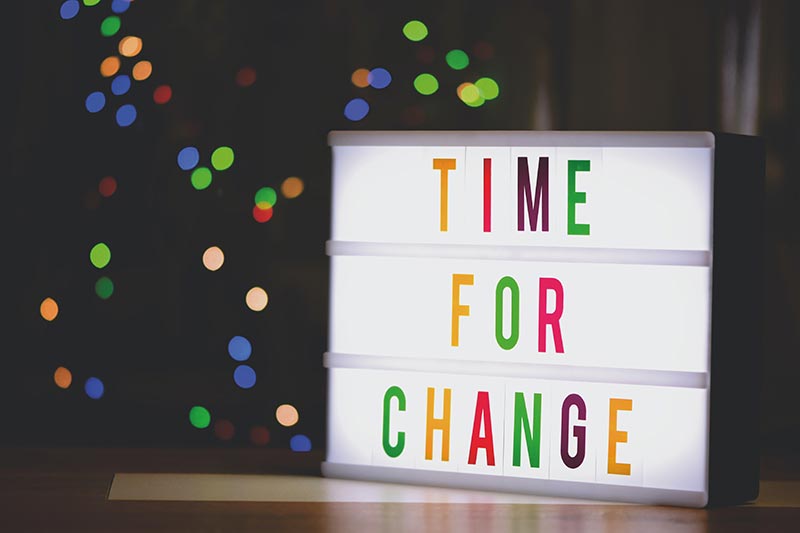Do you remember that old saying, “You can lead a horse to water, but you can’t make it drink”?
Applied to programme and facilitation work, this expression reminds us that no matter how much information, education and tools we provide, people will only change (act, behave, think differently) in a way that is productive, effective and enjoyable when the desire and motivation come from within. You can force someone to change their actions, but if you really want them to change their behaviour (the thoughts, beliefs, emotions and commitment that go along with those actions), then they have to want to change.
What happens when you tell someone to change their behaviour, or just give them information and expect them to apply it themselves?
- they feel like their current behaviour is being insulted or questioned, so they get defensive
- they feel like they’re being bossed around and asked to do something against their will, so they become stubborn
- they resist and they, or the issues that exist, become an even bigger problem
- just giving people information and telling them what to do does not create change
On the other hand, what happens when you use Behaviour Change Theory and allow someone to change their behaviour on their own terms?
- they investigate what is not working and what may be causing the unproductivity or inefficiencies
- they discover themselves what needs to change with a positive approach
- they are able to communicate and act upon what motivates them
- they begin to understand what motivates their colleagues, and what’s in it for each of them to implement some changes
- personal empowerment and change comes from harnessing participants’ personal insights
- you begin to notice positive, tangible behaviour changes in your workplace
- you see the effects on performance, productivity and, ultimately, profits
- we believe strongly in maximising the potential that lies within each and every one of us – for our own personal benefit as well as for our collective benefit. “Being more” involves always learning, improving, challenging ourselves to be a better version of ourselves.
- Being more “now” reminds us to live in the present, and to live life to the fullest each and every day. There’s no point in waiting for “someday” to come along before we strive for our goals. Let that “someday” be now. Get clear on those goals – for you, your work, your team, your business – and put in place actions to help you succeed.
- If you aren’t sure what those goals are, then this is a great place to start!



